Professional Values and Reflective Practice in Healthcare: A Report
VerifiedAdded on 2023/01/11
|11
|572
|48
Report
AI Summary
This report delves into the critical role of reflective practice and professional values within the healthcare sector. It emphasizes the significance of these elements in enhancing the quality of patient care and decision-making in complex situations. The report explores various reflective models, including Gibbs' reflective cycle and Kolb's experiential learning model, providing structured frameworks for healthcare professionals to analyze their experiences and improve their practices systematically. Additionally, it highlights the six themes framework, which encompasses safety, timeliness, effectiveness, equity, patient-centeredness, and efficiency, as essential considerations in healthcare quality. The conclusion underscores the necessity of reflective practice for healthcare professionals to continuously improve their skills and patient outcomes. The report references key literature on professional role development and the value of systems thinking in healthcare, providing a comprehensive overview of the subject matter.
1 out of 11


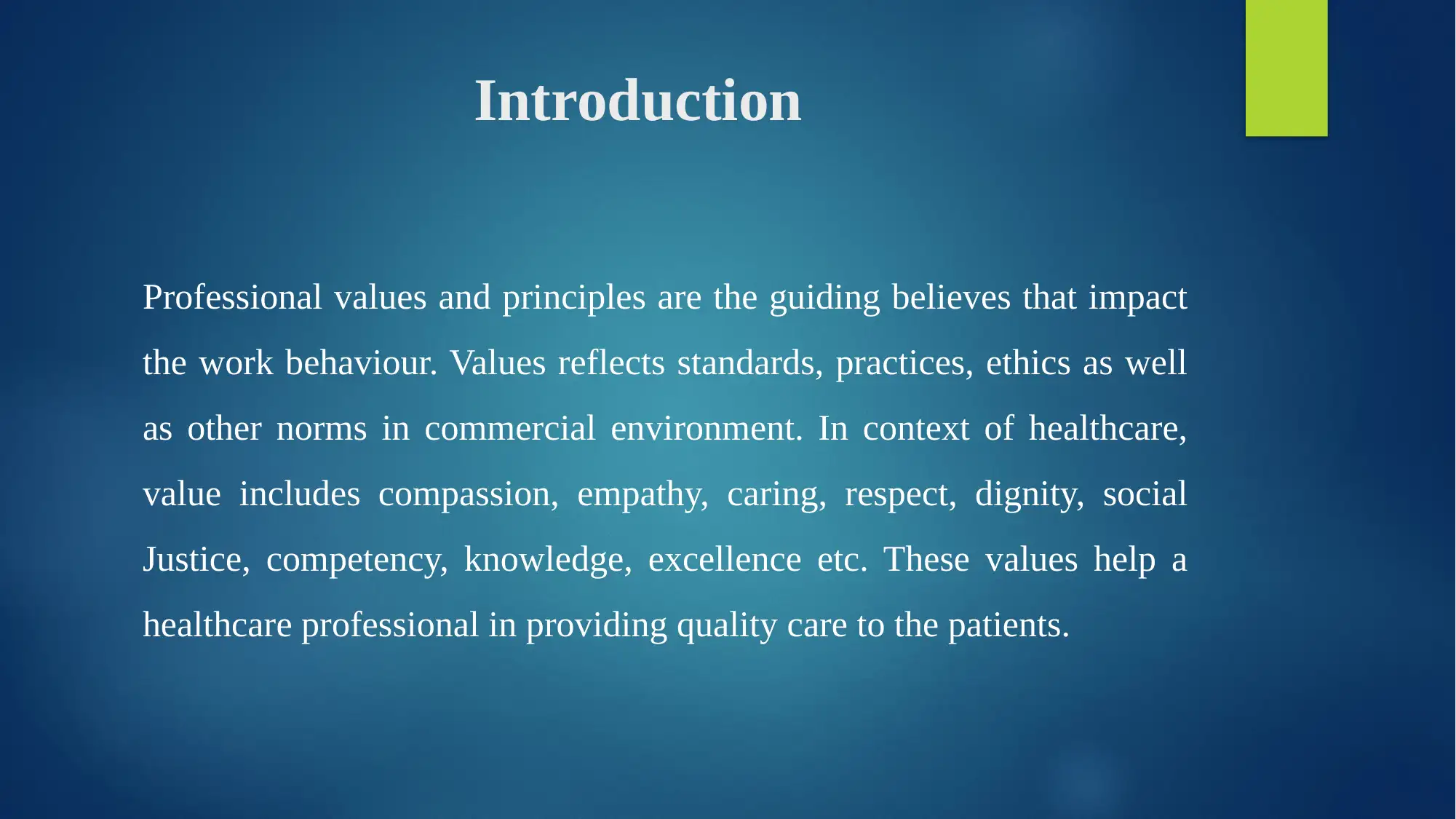

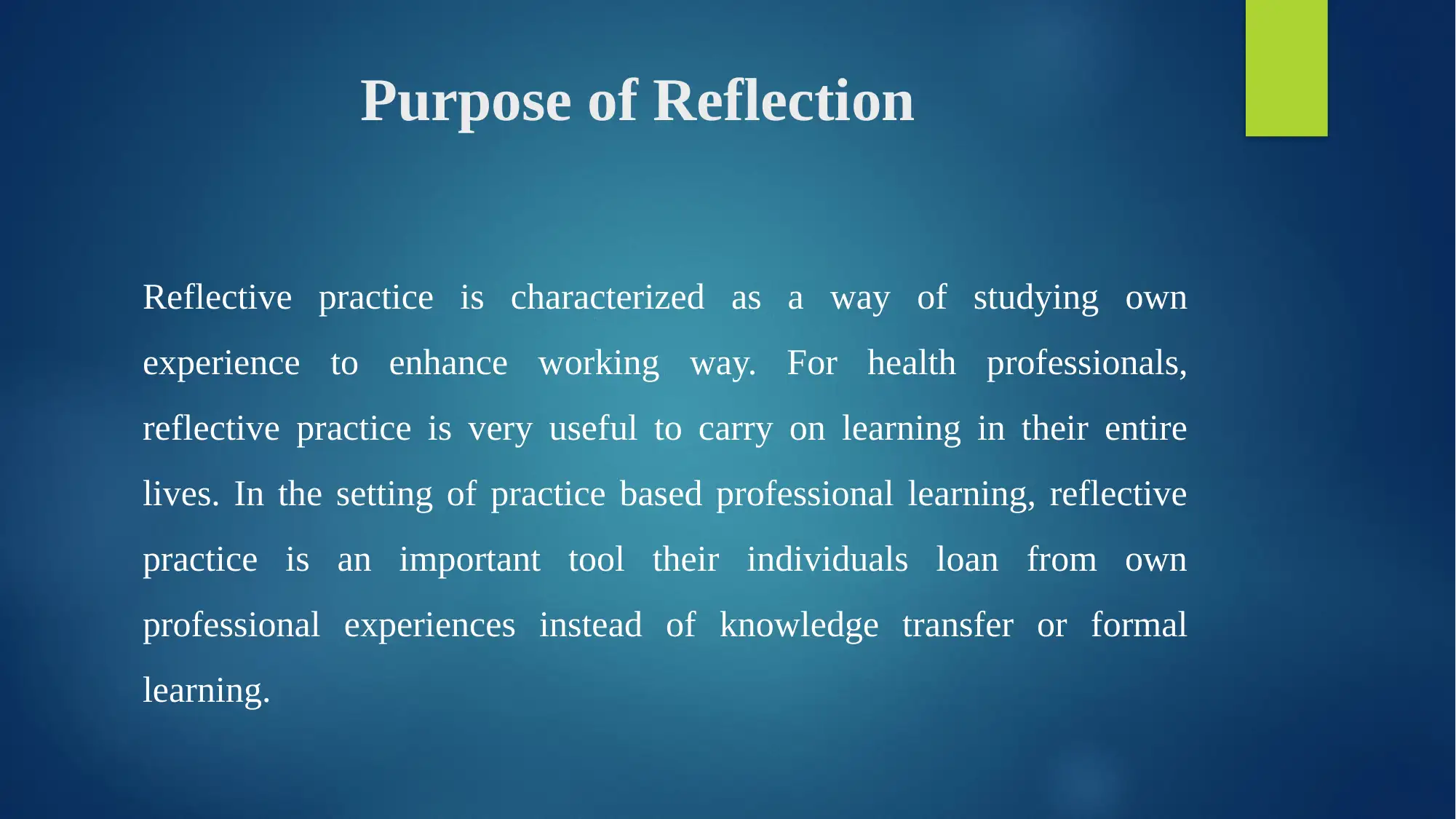


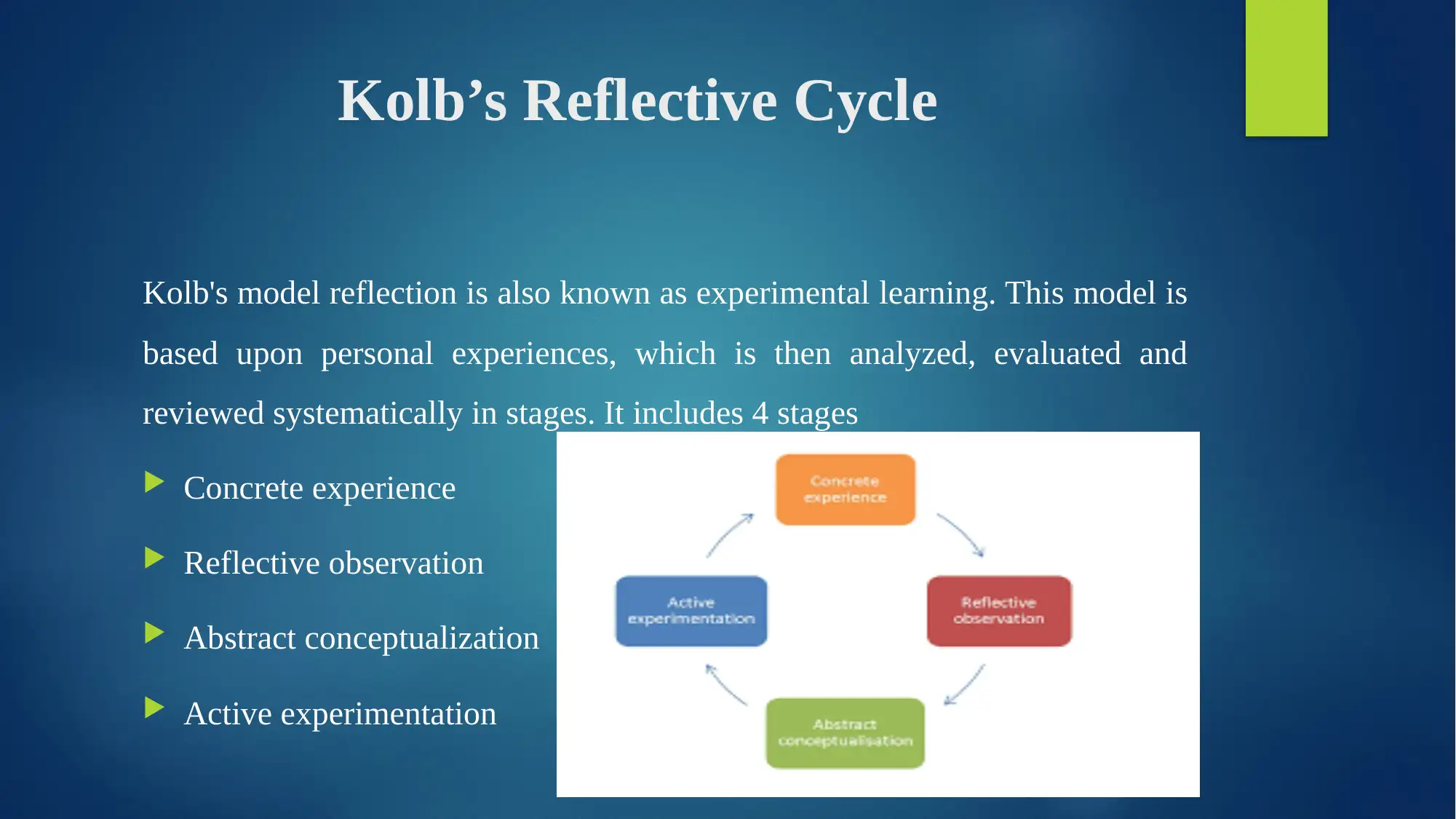
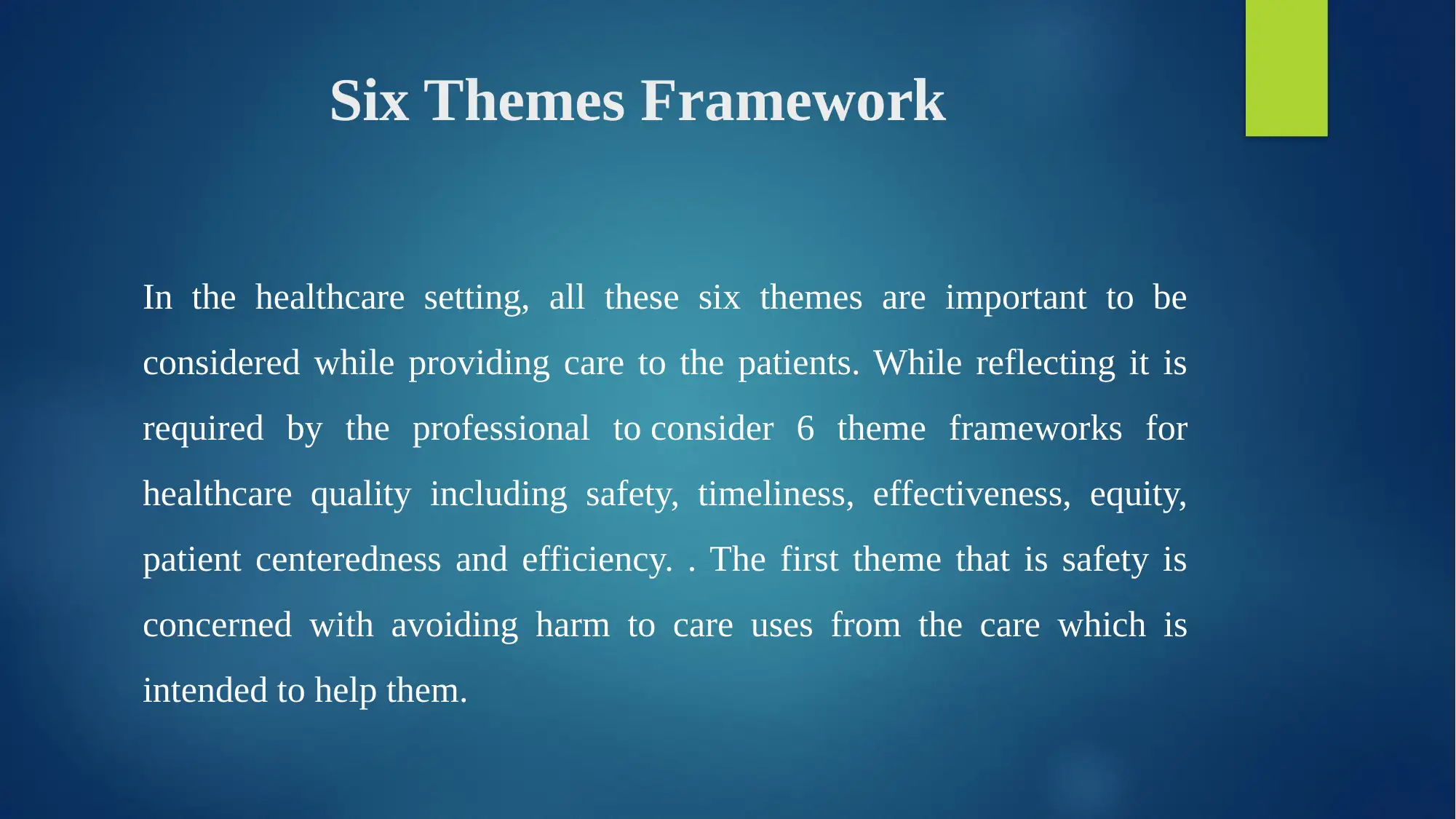
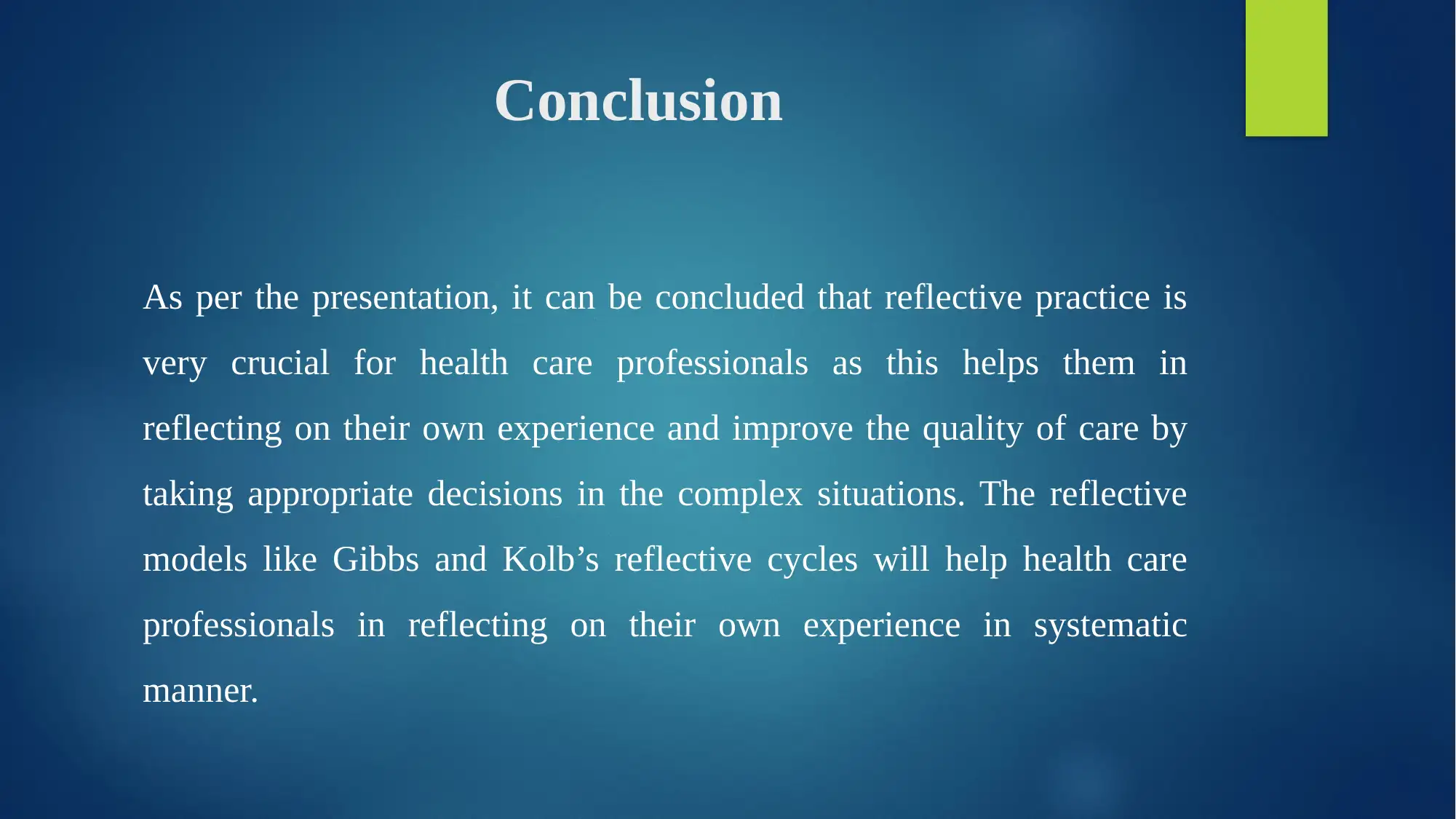
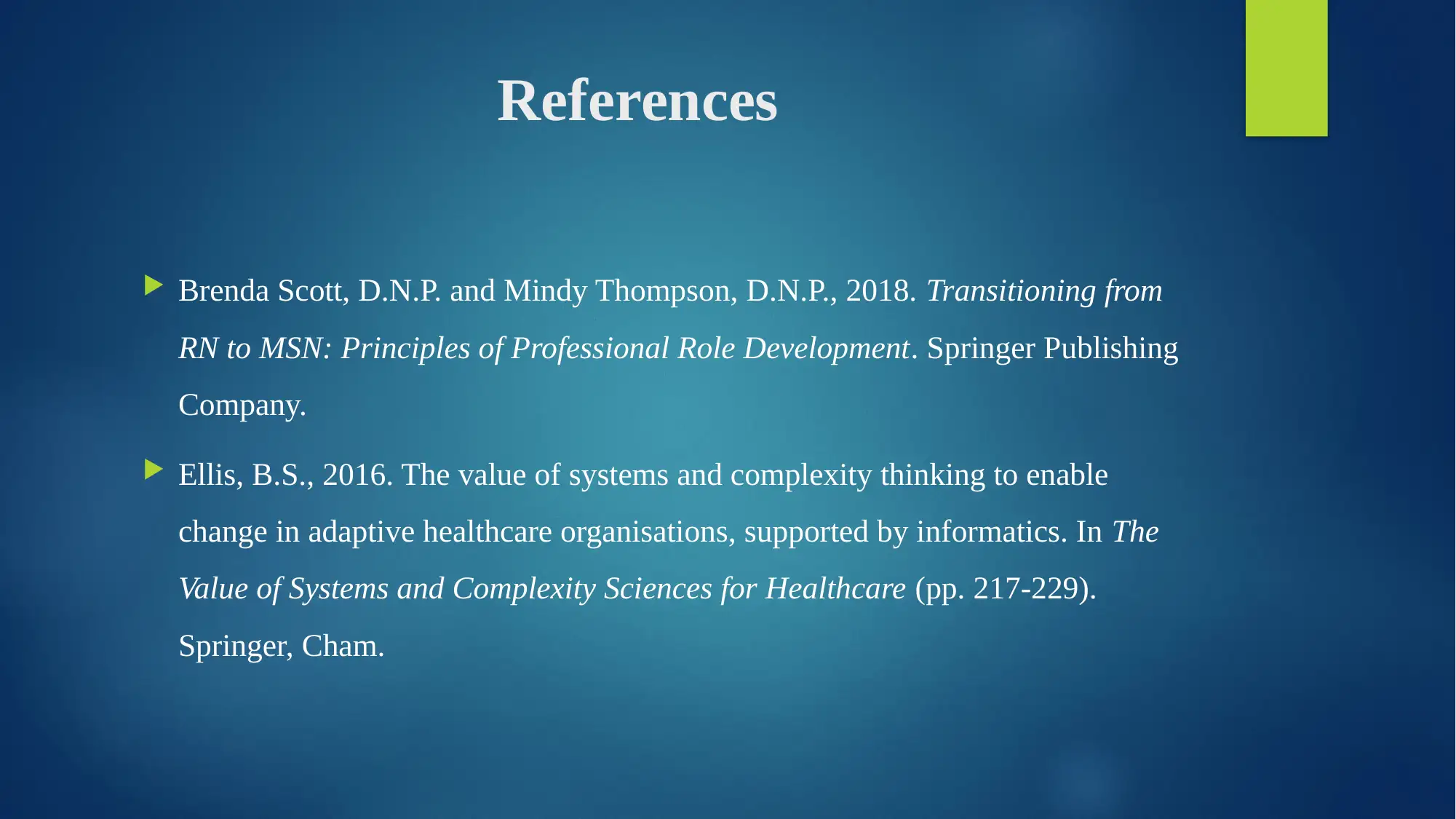






![[object Object]](/_next/static/media/star-bottom.7253800d.svg)